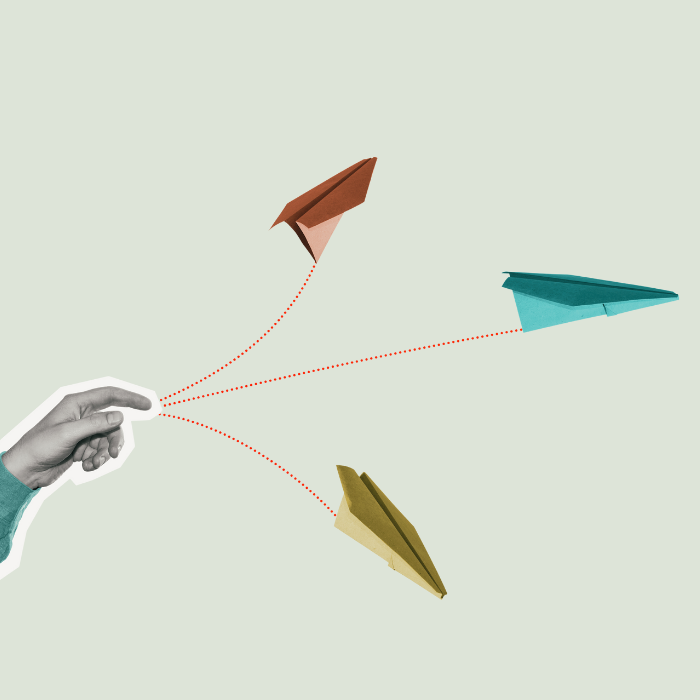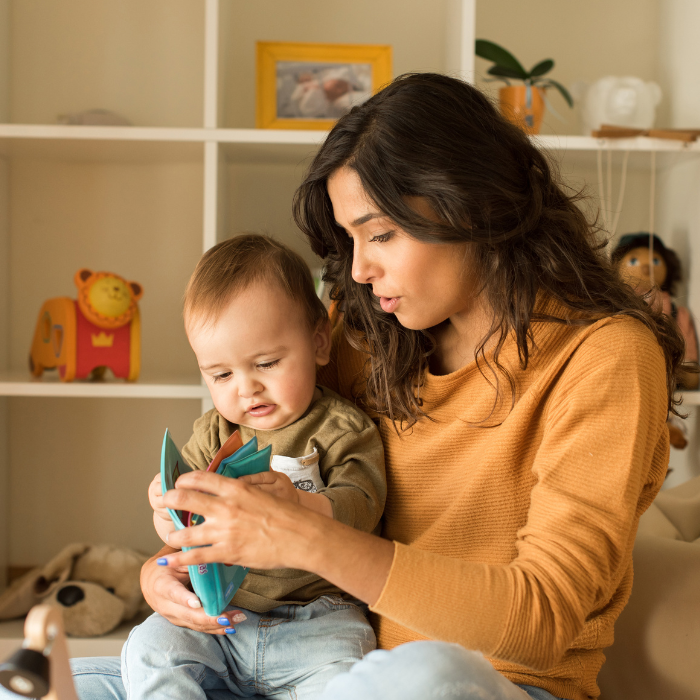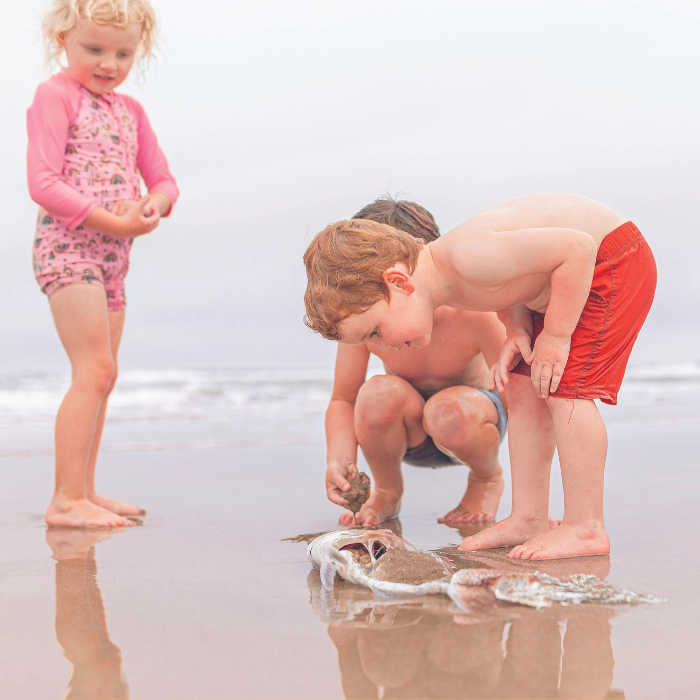
Education begins at home. Depending on your viewpoint, homeschooling could be the beginning of an exciting educational journey with your child, or daily torture for both of you. We take a look at homeschooling behind-the-scenes.
Our family are fairly early on in our homeschooling adventure, and education (like many areas of child-rearing) is one of those topics that people have strong opinions about. Homeschooling is an education option in New Zealand that families choose for dozens of different reasons, and they go about it in as many different ways.
WHAT IS HOMESCHOOLING?
Each homeschool is unique. Some families use curriculums that they buy for all or some of their subjects (there are a lot to choose from), but the actual ‘what and how learning happens’ depends on each family’s approach to education.
When we started I was surprised (and a little overwhelmed) by how many approaches there are. I picked the brains of veteran homeschool mums trying to figure out if we were doing it anywhere near right. But the more I hear, read and discover, the more I realise that there isn’t really a right way at all; it’s not just school at home, as I initially thought it would be.
These are some of the approaches to homeschooling as I understand them (of course even these approaches can be used differently by each family: one unschooler’s day will be quite different to another’s).
SOME HOMESCHOOLING APPROACHES
Charlotte Mason
Focuses on teaching through a wide range of interesting living books, nature studies, first-hand experiences, and good habits. Living books are ones written by someone knowledgeable and passionate about a subject (rather than textbooks).
Unschooling/delight-directed/lifelearners
Based on a belief that children will pursue learning and absorb it best when they are interested. It follows the interests of the child to direct studies in a natural way; and uses multiple resources, not just a set curriculum, to learn something. Sees real life and learning as the same thing, e.g. children learning maths skills while running a stall at a farmers’ market. (Note that this does not mean parents never directly teach or that children have to learn everything on their own.)
Leadership education/Thomas Jefferson education
Centres around the idea that children learn differently at different stages of life. Parents also inspire their children through continuing their own education (reading and sharing classic books, etc). It’s based on a mentoring style of teaching.
Online and computer-based
Learning involves virtual tours/field trips, online resources, lectures and live classes, i-pads, and virtual academies, such as Khan Academy.
Eclectic
Combines different styles and philosophies best suited to the child, and frequently adjusted due to age, interest or need.
See www.homeschoolmosaics.com for more approaches.
WHY HOMESCHOOL?
But isn’t it all a bit weird? Why not just use what’s there and attend the local school? Personally, I’m a teacher; I’m not anti-school. But just as we are varied in our personalities, in the foods we prefer, and in our clothing choices, we are varied in the ways we like to learn.
I chose to go to university when I left school. I enjoyed it and it suited my learning style. I loved the in depth research and independent study. I even loved listening to lectures. But it doesn’t suit everyone. As adults, we choose to learn lots of ways: by correspondence, through books, online, hands-on courses, or by practical experience. We know one size doesn’t fit all.
Kids have different learning styles too. Many schools make a huge effort to accomodate these different styles. But for some children and families, state schooling just doesn’t suit, for whatever reason. Some choose private schools, smaller rural schools, religious schools or schools with different philosophies like Ruldolf Steiner; whereas for some, homeschooling suits them best.
OUR HOMESCHOOL
My husband and I are both teachers and our approach tends to be eclectic/leadership education. This is our fourth term with a 7-year-old (and a 3-year-old joining in). We believe in inspiring them through loads of opportunities, books, and imaginative games. We also believe in waiting until they are ready to learn to read, for example, and following their passions and interests.
We use lapbooks, which are topic-based studies that include pretty much everything from reading to maths to science. (www.homeschoolshare.com have free ones for preschoolers which are fun to do.) We go on field trips, rock climbing and iceskating with homeschool groups. We use a maths curriculum called Miquon and some online learning (I love Dreambox Learning and wish I had known about it when our daughter was at school www.play.dreambox.com). We paint, make movies, create, sing, play, and read, read, read.
WHAT’S A TYPICAL HOMESCHOOLING DAY?
That’s a bit tricky. Some days we spend hours on one activity because they are so engaged in it, other days we do a lot of different things. Flexibility is part of the joy of homeschooling.
But a typical day for us would start at 7am with a lovely long breakfast and stories.
The rest of the day usually looks like this:
8:30am: chores (everyone helps)
9am: literacy (reading, writing, spelling)
9.45am: maths
10.30am: morning tea (stories)
11am topic: (science, social studies, etc)
12 noon: lunch (stories)
The afternoon consists of a selection of free play, sport, dance, art, music activity, and more stories!
There are so many fantastic resources and ways to fill in your homeschool day, it’s really more a matter of choosing what not to do. This is how we do it at the moment, but it’s always evolving, and just when I think I have a set structure, along comes a great learning opportunity or a new idea and it changes again.
DO I NEED PERMISSION?
Yes. You need to contact the Ministry of Education office and fill out an exemption application form (these are available online www.minedu.govt.nz).
Parents and caregivers who homeschool their children are given an annual grant from the Ministry of Education to help with the cost of learning materials. This can also be used to pay for teaching services from The Correspondence School.
This amounts to: $743 for the first child, $632 for the second, $521 for the third, and $372 for each one after that.
If you are considering homeschooling, it’s worth joining a group like the Canterbury Home Educators, www.CHE.org.nz. There are also many Facebook and Yahoo groups for homeschoolers to share ideas or link up with others in their area.
USEFUL WEBSITES?
for links to blogs by homeschool mums
Kelly Eden-Calcott is a mother of three, a writer, and a teacher specialising in behaviour and learning differences. She homeschools her 7-year-old.








